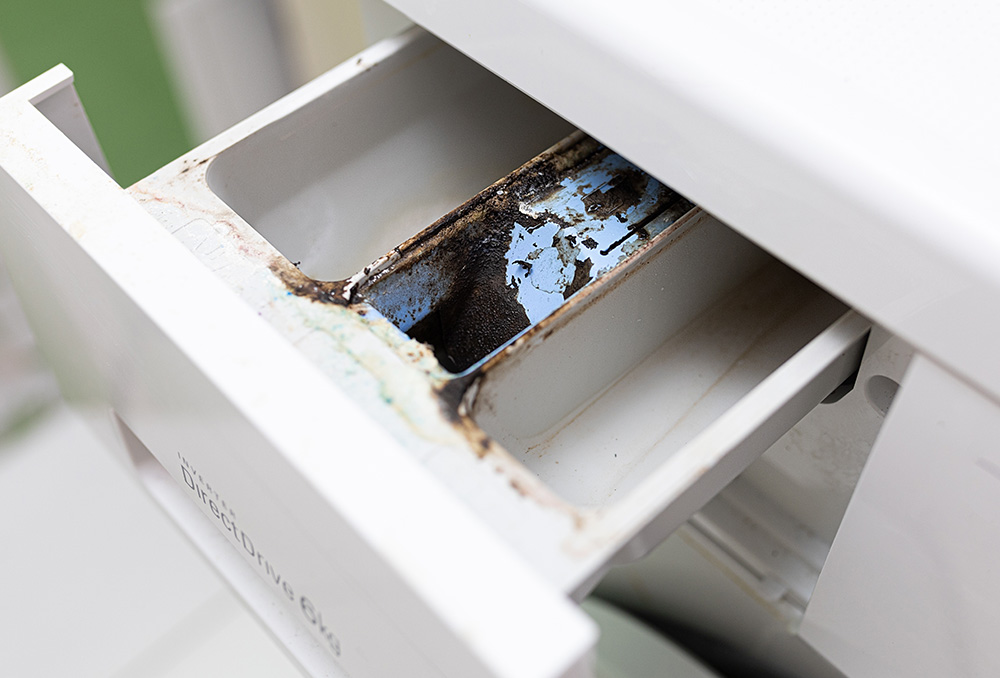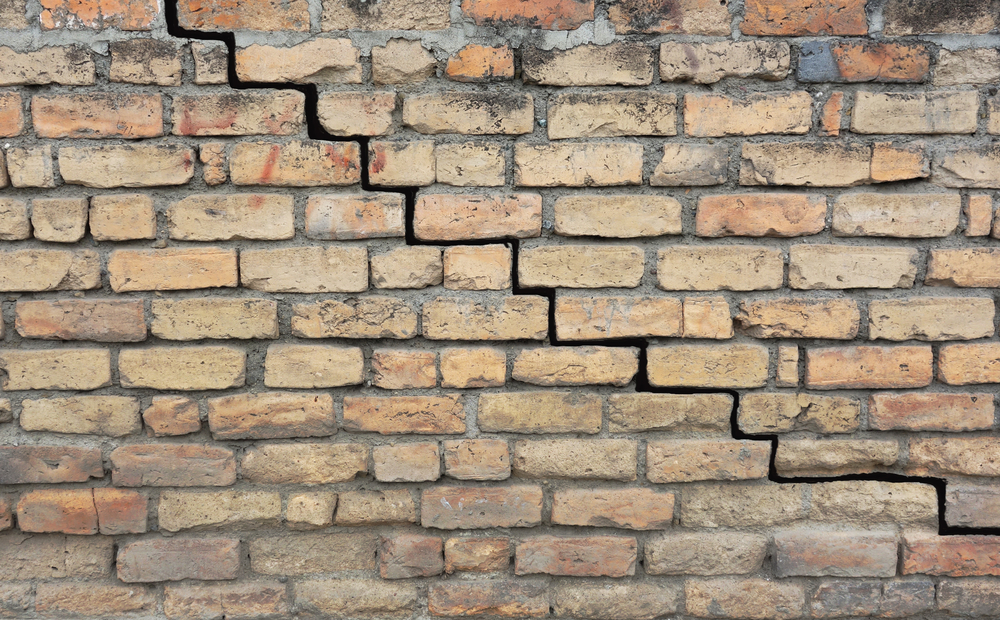
Construction Defects That Can Lead to Mold
Mold from Construction Defects: Know Your Rights as a Texas Homeowner
When you buy a newly built home in Texas, you expect it to be safe, sound, and livable. But when that home begins showing signs of mold – be it musty odors, damp drywall, discolored ceilings, or worse – it could be the result of serious underlying construction defects. And if your builder refuses to take responsibility, you may have grounds to take legal action.
At Fertitta & Givens, we represent Texas homeowners who are dealing with mold problems caused by negligent construction. Whether the defect stems from faulty design, substandard materials, or poor workmanship, we know how to uncover the root cause and hold builders accountable. From our office in Houston, we help folks across the state seek answers, justice, and compensation when mold threatens their property and health.
Call (346) 258-5803 or contact us online to speak directly with our legal team. We’ll evaluate your situation and explain how we can help.


.2512030912555.png)

How Construction Defects Cause Mold
Mold doesn’t appear out of nowhere. It thrives in damp, poorly ventilated areas and is often the result of deeper issues with how your home was built. If construction defects allow water to infiltrate the home or prevent proper drying and airflow, mold growth becomes inevitable.
Common construction defects that contribute to mold problems include:
- Improperly installed roofing that leads to leaks in the attic or walls
- Faulty flashing or exterior cladding that allows rainwater to seep into the structure
- Poor site grading or drainage that causes standing water near the foundation
- Defective windows or doors that permit moisture intrusion
- Inadequate vapor barriers or insulation in walls or crawlspaces
- Plumbing leaks behind walls due to poor workmanship
- Lack of ventilation in bathrooms, kitchens, or attics
While mold is the symptom, the real problem is often what caused the moisture to accumulate in the first place. That’s where our legal investigation begins.
Why Mold Matters: Structural, Financial, and Health Consequences
Mold isn’t just an eyesore. It’s a red flag that often signals major construction failures beneath the surface. When left unaddressed, mold growth can spiral into a range of serious consequences:
- Structural damage to drywall, framing, subfloors, and other core parts of your home. Prolonged exposure to moisture weakens structural components, potentially compromising the integrity of walls, ceilings, and support beams.
- Loss of property value or difficulty refinancing or selling your home. Even after remediation, a history of mold can make your property less appealing to buyers and reduce its market value.
- Health hazards, particularly for children, elderly residents, and those with respiratory conditions. Mold spores can trigger allergic reactions, asthma attacks, chronic sinus issues, and other illnesses—even in otherwise healthy individuals.
- Costly remediation and repair expenses, often far exceeding what homeowners initially expect. Mold removal can involve tearing out walls, replacing insulation, and rebuilding large portions of the home—all while living in temporary housing.
- Insurance and warranty conflicts, where the builder or their insurer refuses to accept responsibility, forcing the homeowner to cover the cost or fight for a remedy.
Mold is a symptom of deeper defects. If your builder cut corners, failed to properly waterproof or ventilate your home, or ignored critical building codes, you deserve accountability and relief, not a repair bill.
Who’s Liable for Mold from Construction Defects?
In Texas, builders have a legal obligation to follow building codes, meet industry standards, and deliver homes that are habitable and free from major defects. When they fail, they may be liable for resulting damages.
Depending on the facts of your case, responsible parties may include:
- The homebuilder or general contractor
- A subcontractor who performed specific defective work
- The architect or design firm that made critical errors
- The developer who failed to ensure quality across multiple homes
We can investigate the circumstances of your mold issue, bring in independent experts, and determine whether you have a viable claim.
How Fertitta & Givens Can Help
- We investigate the root cause of the mold with the help of building experts and inspectors.
- We document the full extent of the damage to your home and health.
- We negotiate or litigate against builders, insurers, or others to seek compensation.
- We stay by your side with honest, one-on-one service every step of the way.
We’ve helped families throughout Houston, Katy, Cypress, The Woodlands, and beyond go toe-to-toe with negligent builders, national construction companies, and developer-backed insurers that too often put profits over people. If you have questions about a residential construction defect claim, we have the experience and resources to help.
Common Builders and Neighborhoods Where Homeowners Report Defects & Mold
Across Texas, and particularly in growing communities throughout Houston, Galveston, League City, and Texas City, homeowners have reported construction issues involving well-known builders such as Lennar, Perry Homes, D.R. Horton, LGI Homes, and DSLD Homes. These companies are active in master-planned developments like Bridgeland, Sienna, Aliana, Kingwood, and many others throughout the region.
If you live in one of these neighborhoods or your builder is among those commonly active in Texas, and you’re experiencing signs of construction defects, it’s worth exploring your legal options. At Fertitta & Givens, we help Texas homeowners understand their rights and hold builders accountable when construction defects cause real harm.
FAQ: Mold and Construction Defect Claims
Can I Sue My Builder for Mold?
Yes, if the mold was caused by a construction defect, you may be able to file a claim for damages.
How Long Do I Have to File a Mold-Related Construction Defect Claim?
Texas law typically provides a 10-year statute of repose from the date of substantial completion, but shorter deadlines (e.g., for warranty claims or notices) may apply. Speak with a lawyer immediately.
Will My Homeowner’s Insurance Cover Mold?
Most standard homeowner policies exclude mold caused by construction defects. That’s why pursuing a claim against the builder or contractor is critical.
Do I Need a Lawyer?
Absolutely. These cases involve technical findings, expert testimony, and defendants who rarely accept blame. Having an experienced construction defect attorney is essential.
Don’t Let Mold Compromise Your Home. We’ll Demand Accountability.
When you work with Fertitta & Givens, you’re teaming up with Texas trial attorneys who know how to stand up for homeowners. We understand the frustration of discovering hidden defects in your new home, and we’re ready to fight back on your behalf.
Call (346) 258-5803 or contact us online for a free consultation.







